One of my favorite Lincoln speeches is one that tends to be overlooked—his eulogy to Henry Clay in the Illinois State Legislature in 1852. This provides the best evidence that had Clay lived another decade, Lincoln would likely have supported him to be president in 1856 or 1860. In any case, Lincoln calls Clay his “beau ideal of a statesman,” and gives a compact teaching about the essence of statesmanship:
It is probably true he owed his pre-eminence to no one quality, but to a fortunate combination of several. He was surpassingly eloquent; but many eloquent men fail utterly; and they are not, as a class, generally successful. His judgment was excellent; but many men of good judgment, live and die unnoticed. His will was indomitable; but this quality often secures to its owner nothing better than a character for useless obstinacy. These then were Mr. Clay’s leading qualities. No one of them is very uncommon; but all taken together are rarely combined in a single individual; and this is probably the reason why such men as Henry Clay are so rare in the world. . .
All his efforts were made for practical effect. He never spoke merely to be heard. He never delivered a Fourth of July oration, or an eulogy on an occasion like this. As a politician or statesman, no one was so habitually careful to avoid all sectional ground. Whatever he did, he did for the whole country. In the construction of his measures he ever carefully surveyed every part of the field, and duly weighed every conflicting interest. Feeling as he did, and as the truth surely is, that the world’s best hope depended on the continued Union of these States, he was ever jealous of, and watchful for, whatever might have the slightest tendency to separate them. . .
He loved his country partly because it was his own country, but mostly because it was a free country; and he burned with a zeal for its advancement, prosperity and glory, because he saw in such, the advancement, prosperity and glory, of human liberty, human right and human nature. He desired the prosperity of his countrymen partly because they were his countrymen, but chiefly to show to the world that freemen could be prosperous. . .
That his views and measures were always the wisest, needs not to be affirmed; nor should it be, on this occasion, where somany, thinking differently, join in doing honor to his memory.A free people, in times of peace and quiet—when pressed by no common danger—naturally divide into parties. At such times the man who is of neither party, is not—cannot be, of any consequence. Mr. Clay, therefore, was of a party. Taking a prominent part, as he did, in all the great political questions of his country for the last half century, the wisdom of his course on many, is doubted and denied by a large portion of his countrymen. . .
The beginning of this passage explains why political excellence is so rare, and the last sentence testifies to the essential partisanship of political life, and why it cannot be divorced from any understanding of “leadership,” the popular if hollowed-out term popular in our day in place of “statesmanship.”
And this passage describing Clay also explains the central crisis of the 1850s that was the dominant fact of Lincoln’s subsequent statecraft:
He ever was on principle and in feeling, opposed to slavery. The very earliest, and one of the latest public efforts of his life, separated by a period of more than fifty years;- were both made in favor of gradual emancipation of the slaves in Kentucky. He did not perceive, that on a question of human right, the negroes were to be excepted from the human race. And yet Mr. Clay was the owner of slaves. Cast into life where slavery was already widely spread and deeply seated, he did not perceive, as I think no wise man has perceived, how it could be at once eradicated, without producing a greater evil, even to the cause of human liberty itself. His feeling and his judgment, therefore, ever led him to oppose both extremes of opinion on the subject. Those who would shiver into fragments the Union of these States; tear to tatters its now venerated constitution; and even burn the last copy of the Bible, rather than slavery should continue a single hour, together with all their more halting sympathisers, have received, and are receiving their just execration; and the name, and opinions, and influence of Mr. Clay, are fully, and, as I trust, effectually and enduringly, arrayed against them.
In any case, herewith a few WIP-style memes to mark the day:
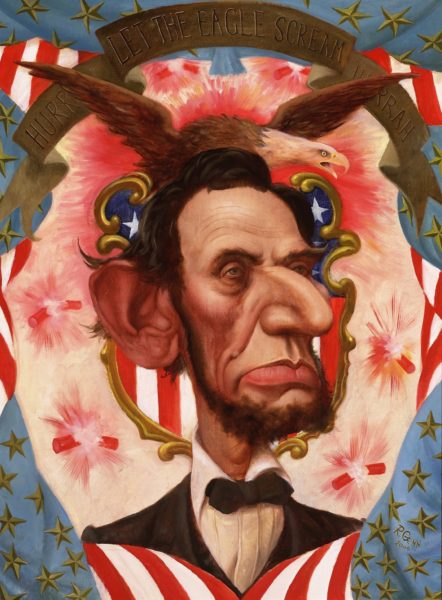
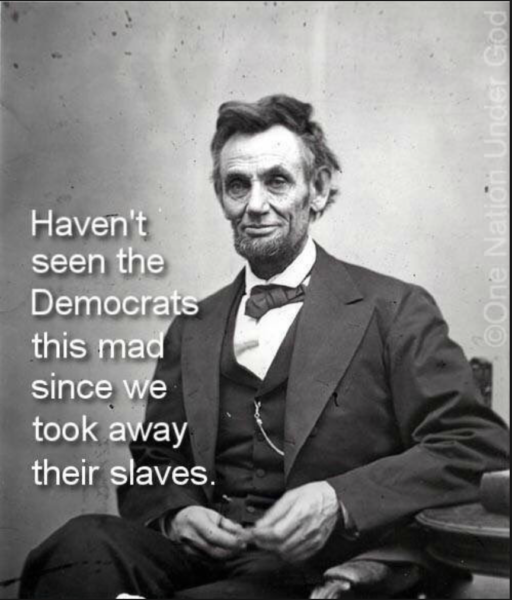



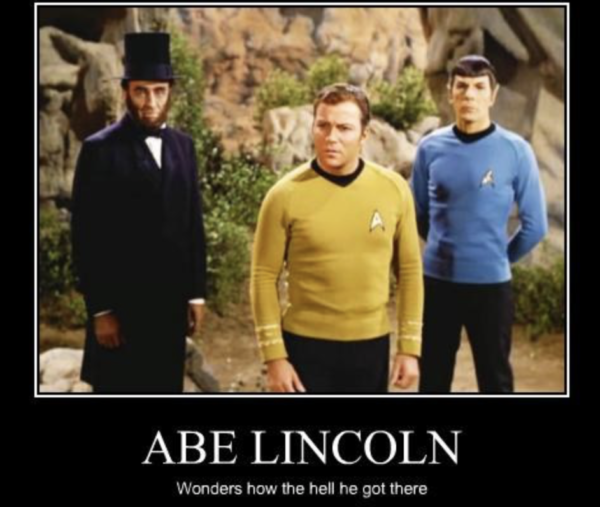

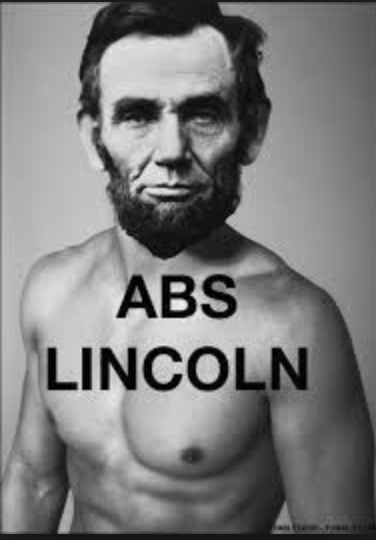
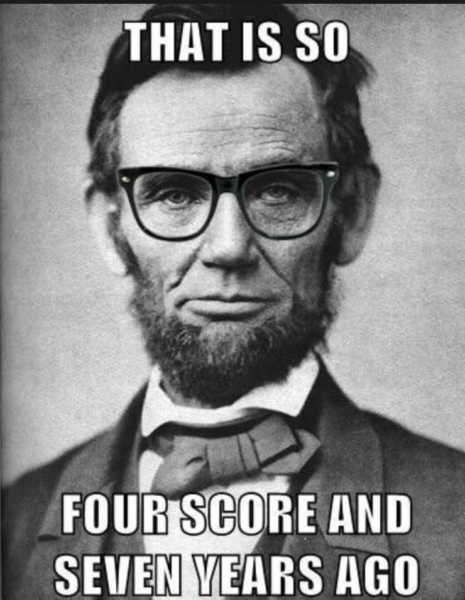
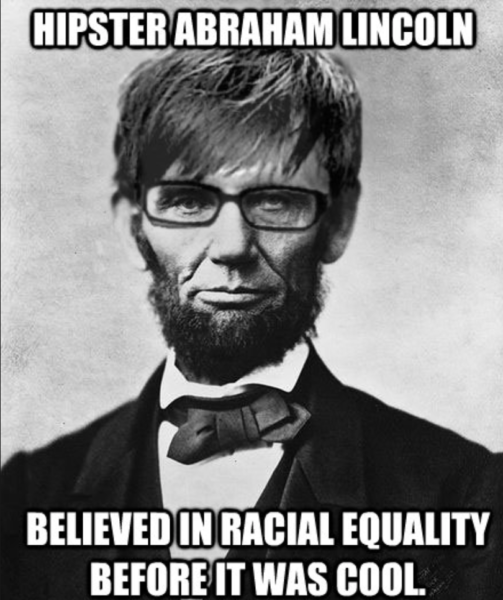
And finally . . . a birthday observance much superior to that other one she did:
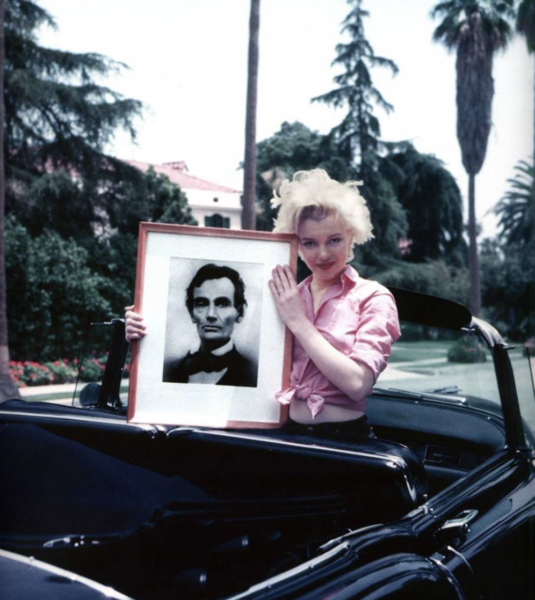
Notice: All comments are subject to moderation. Our comments are intended to be a forum for civil discourse bearing on the subject under discussion. Commenters who stray beyond the bounds of civility or employ what we deem gratuitous vulgarity in a comment — including, but not limited to, “s***,” “f***,” “a*******,” or one of their many variants — will be banned without further notice in the sole discretion of the site moderator.